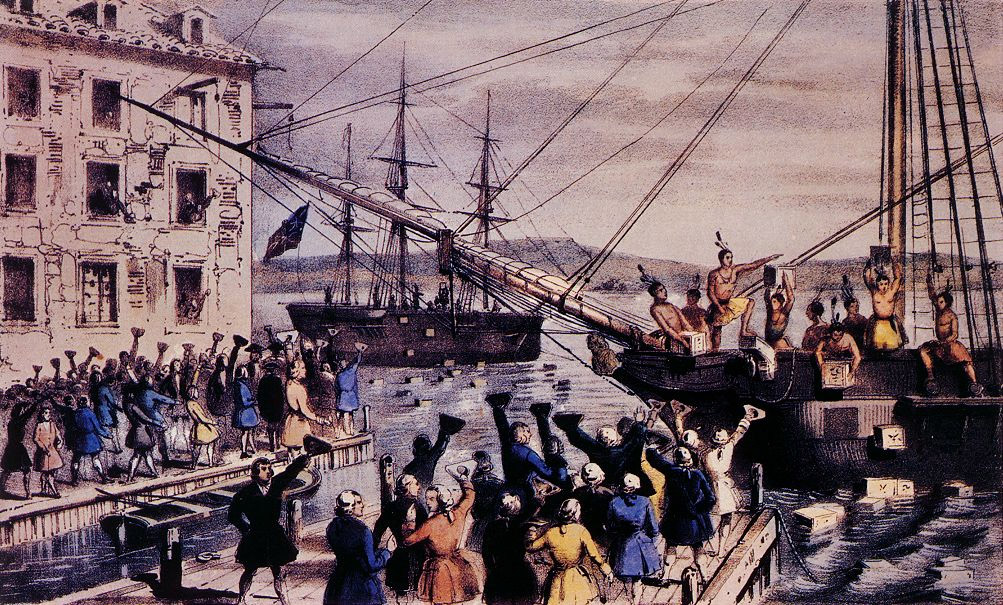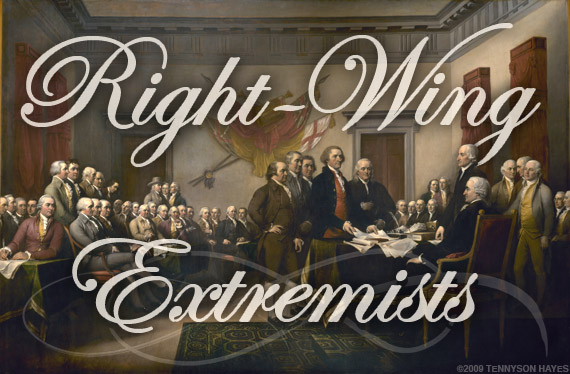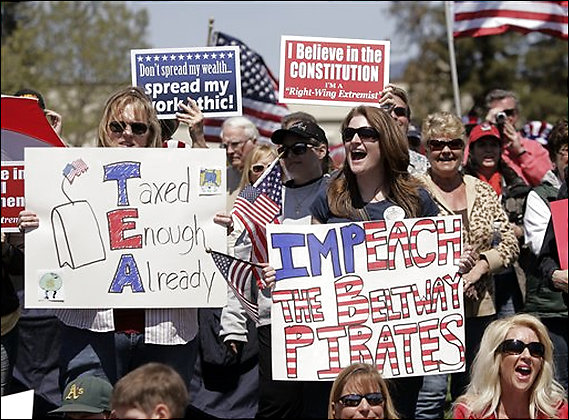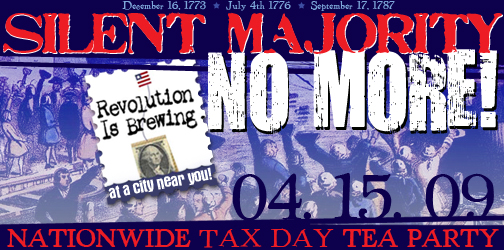Two simple observations are key to explaining both the high level of spending on medical care and the dissatisfaction with that spending. The first is that most payments to physicians or hospitals or other caregivers for medical care are made not by the patient but by a third party—an insurance company or employer or governmental body. The second is that nobody spends somebody else’s money as wisely or as frugally as he spends his own.
No third party is involved when we shop at a supermarket. We pay the supermarket clerk directly: the same for gasoline for our car, clothes for our back, and so on down the line. Why, by contrast, are most medical payments made by third parties? The answer for the United States begins with the fact that medical care expenditures are exempt from the income tax if, and only if, medical care is provided by the employer. If an employee pays directly for medical care, the expenditure comes out of the employee’s after-tax income. If the employer pays for the employee’s medical care, the expenditure is treated as a tax-deductible expense for the employer and is not included as part of the employee’s income subject to income tax. That strong incentive explains why most consumers get their medical care through their employers or their spouses’ or their parents’ employer. In the next place, the enactment of Medicare and Medicaid in 1965 made the government a third-party payer for persons and medical care covered by those measures.
We have become so accustomed to employer-provided medical care that we regard it as part of the natural order. Yet it is thoroughly illogical. Why single out medical care? Food is more essential to life than medical care. Why not exempt the cost of food from taxes if provided by the employer? Why not return to the much-reviled company store when workers were in effect paid in kind rather than in cash?
The revival of the company store for medicine has less to do with logic than pure chance. It is a wonderful example of how one bad government policy leads to another. During World War II, the government financed much wartime spending by printing money while, at the same time, imposing wage and price controls. The resulting repressed inflation produced shortages of many goods and services, including labor. Firms competing to acquire labor at government-controlled wages started to offer medical care as a fringe benefit. That benefit proved particularly attractive to workers and spread rapidly.
--Milton Freidman
Subscribe to:
Post Comments (Atom)



















No comments:
Post a Comment